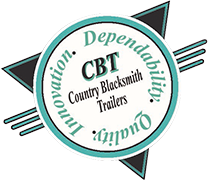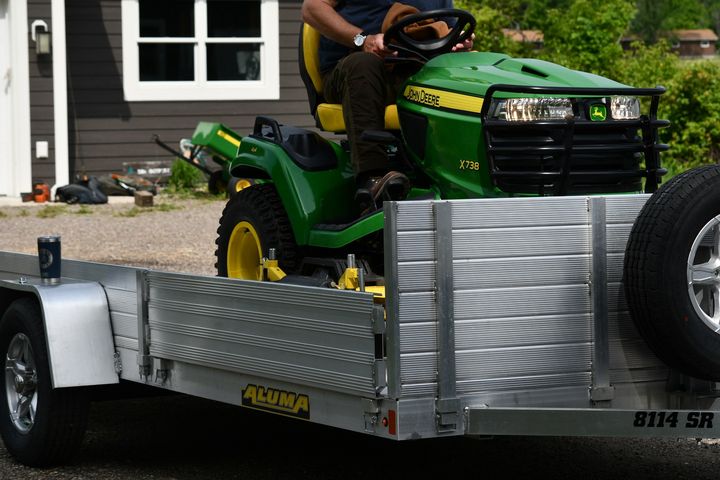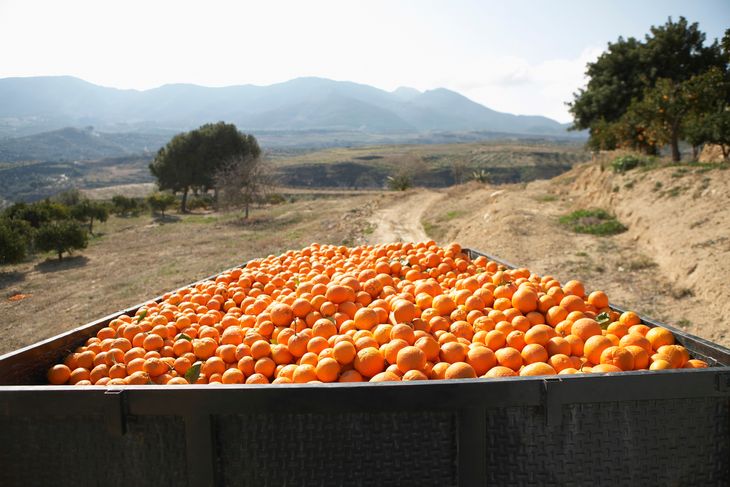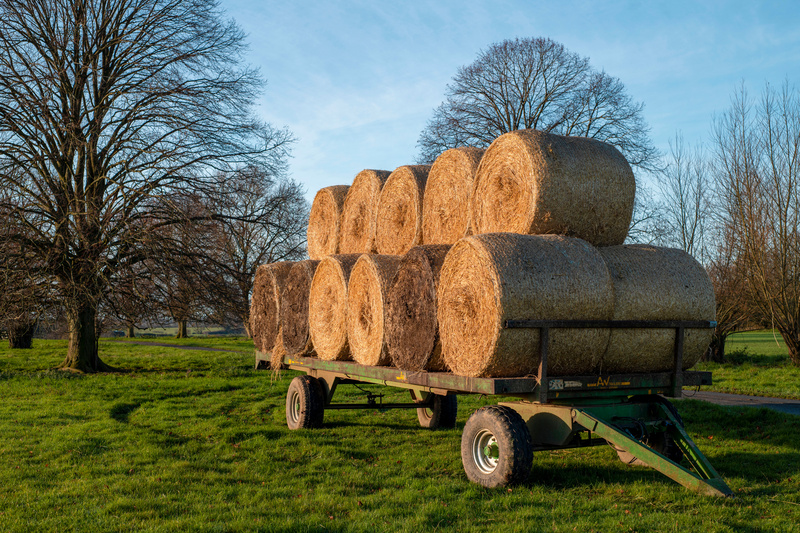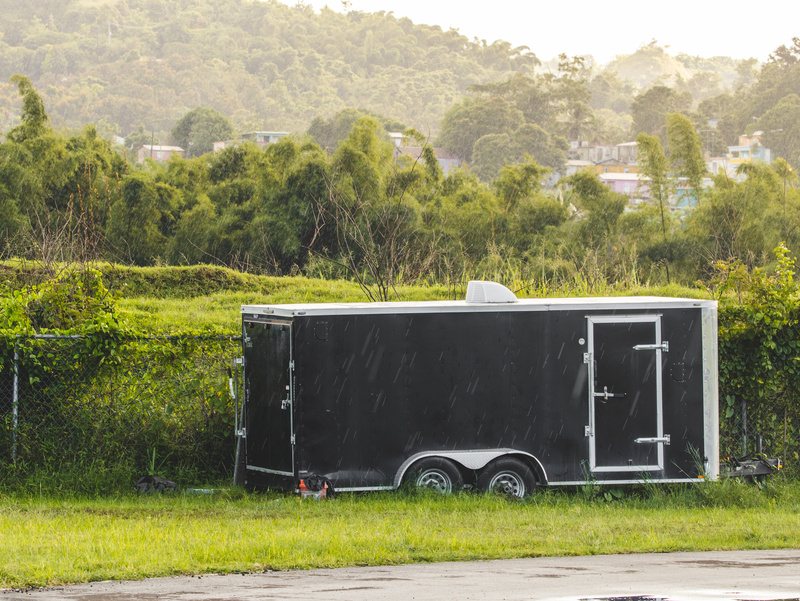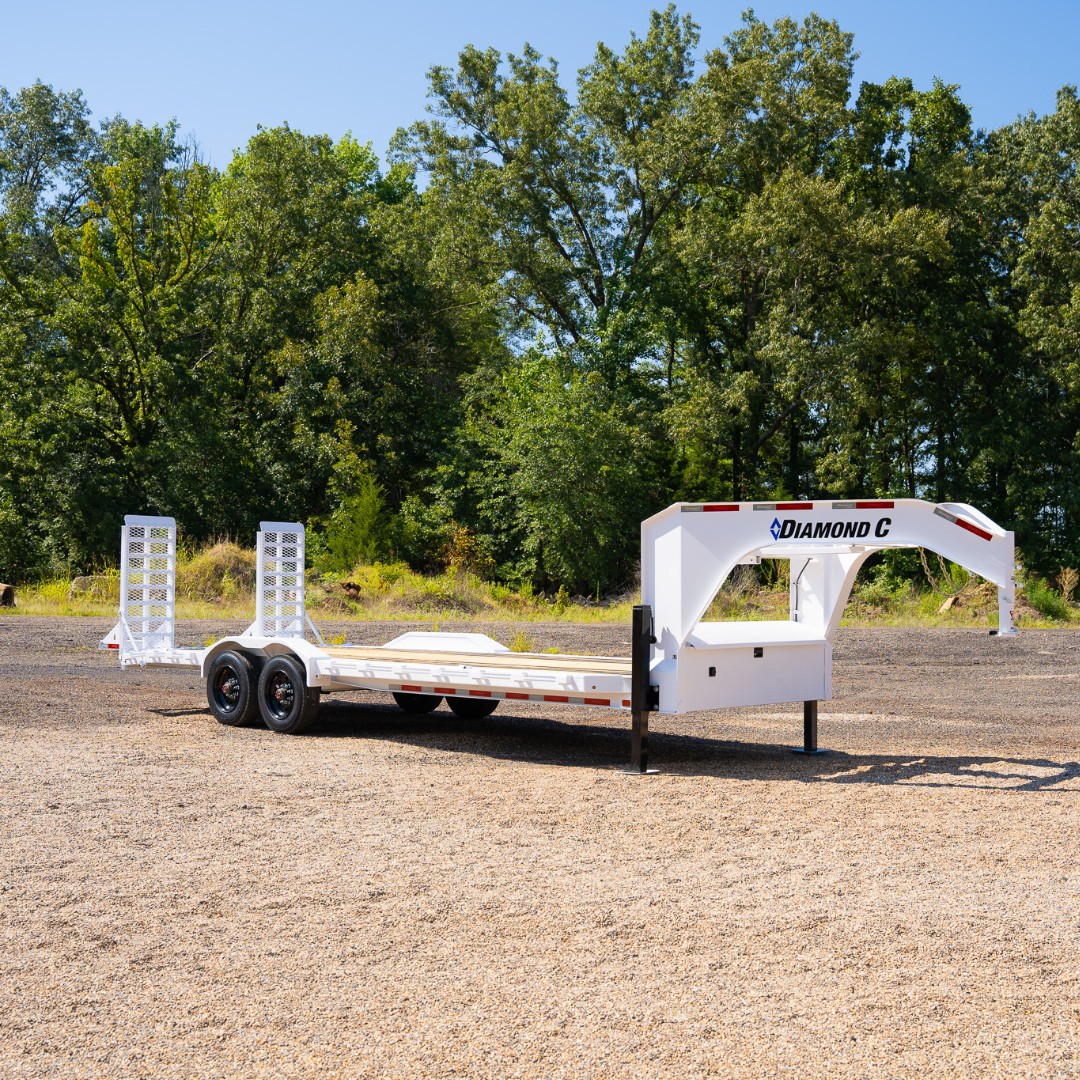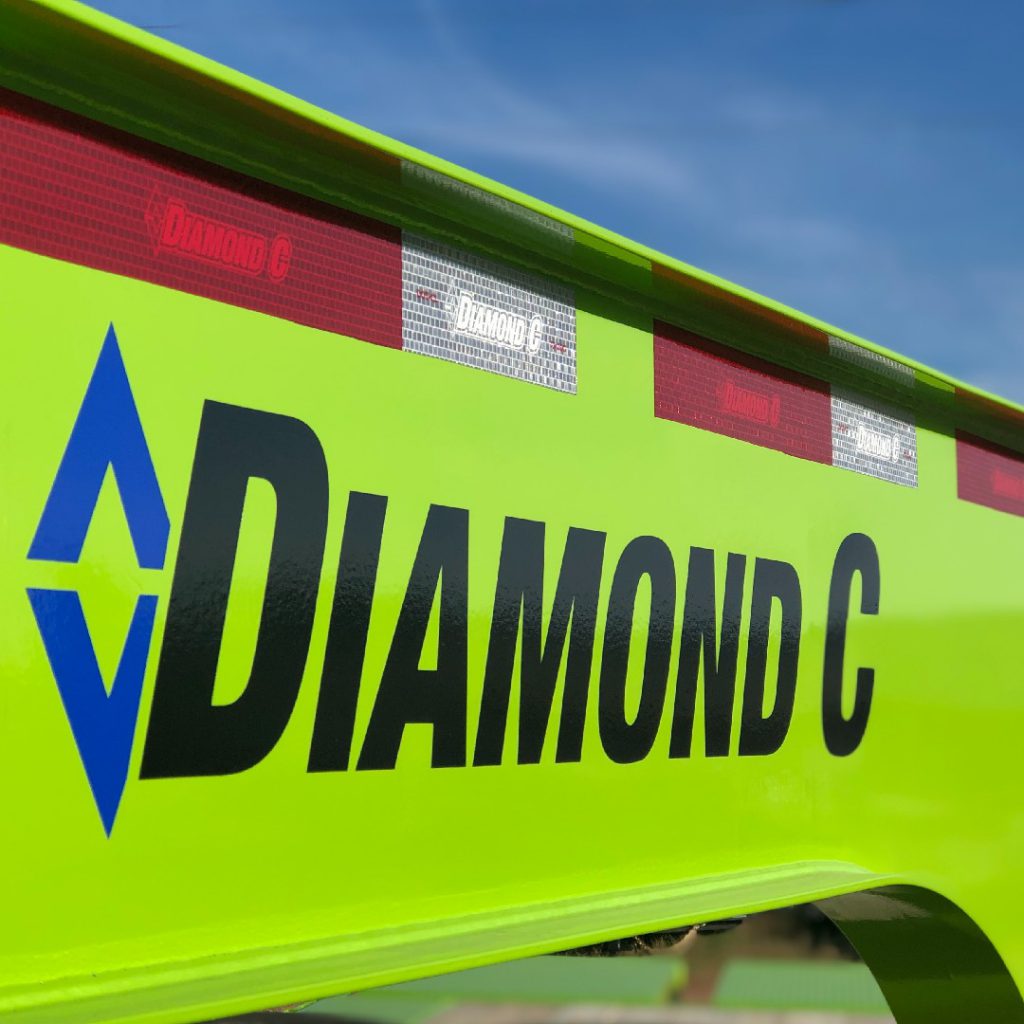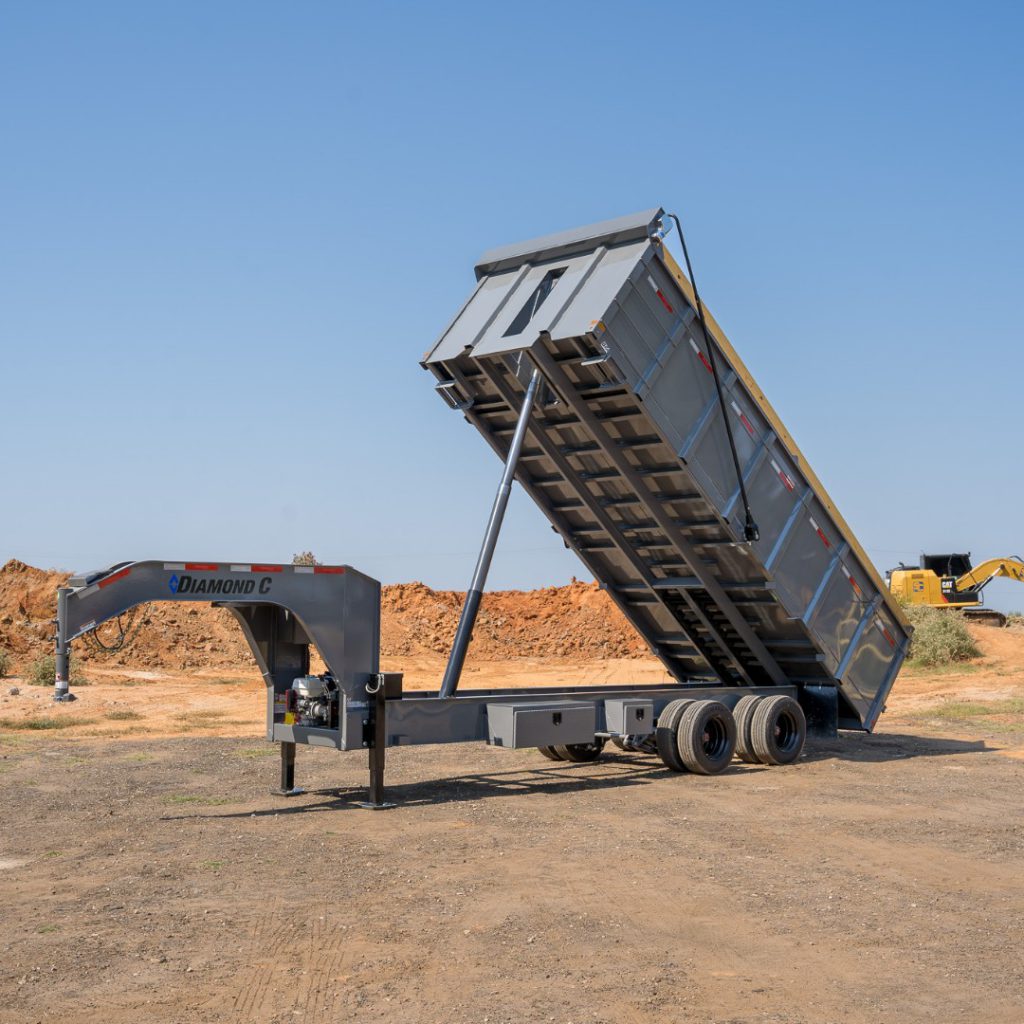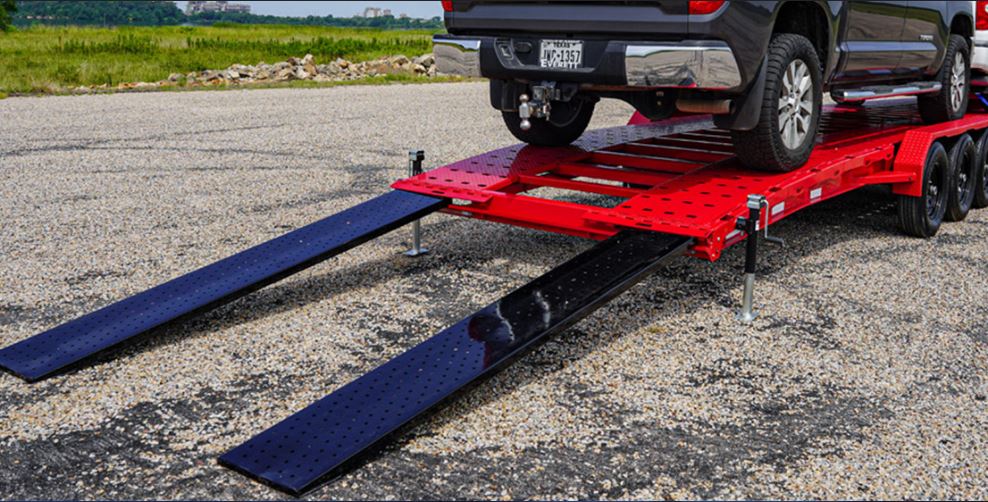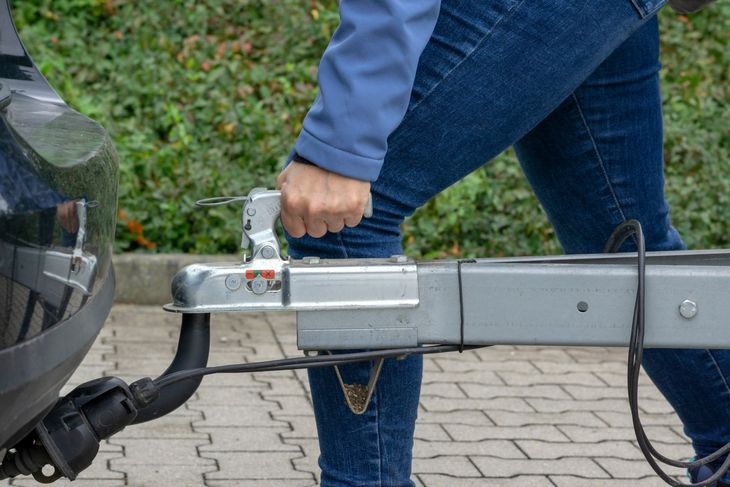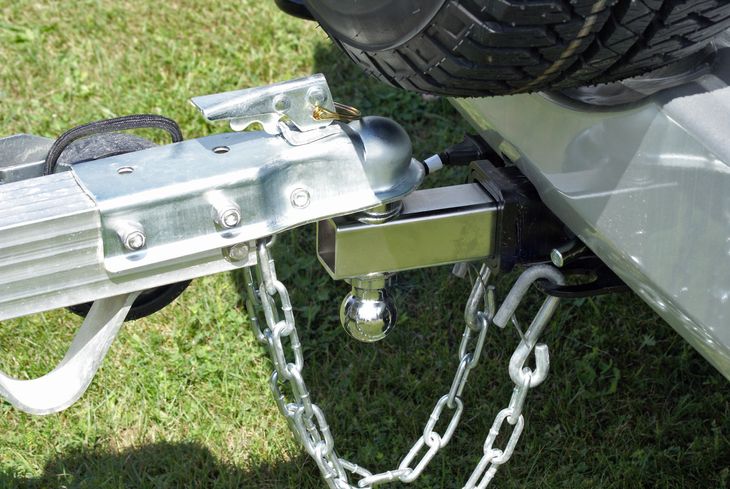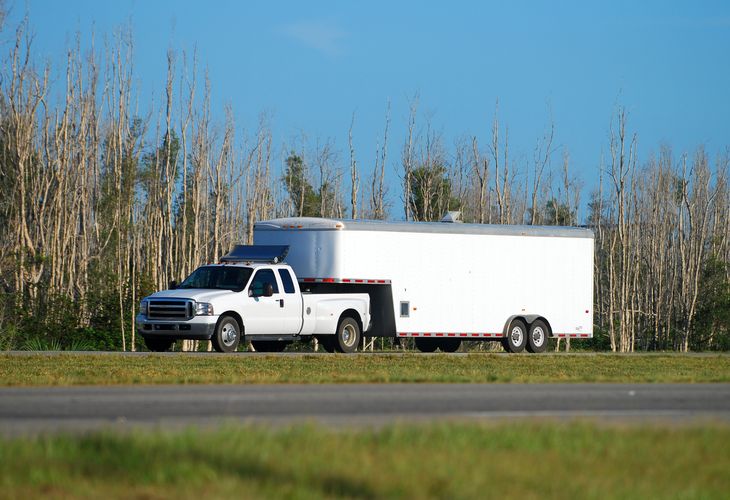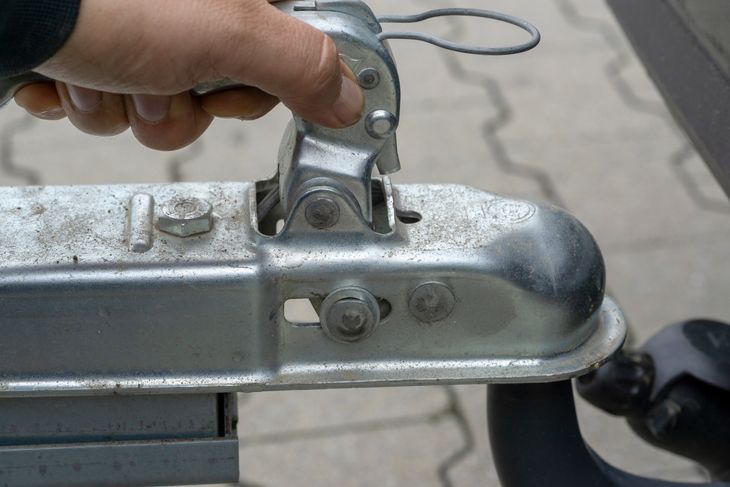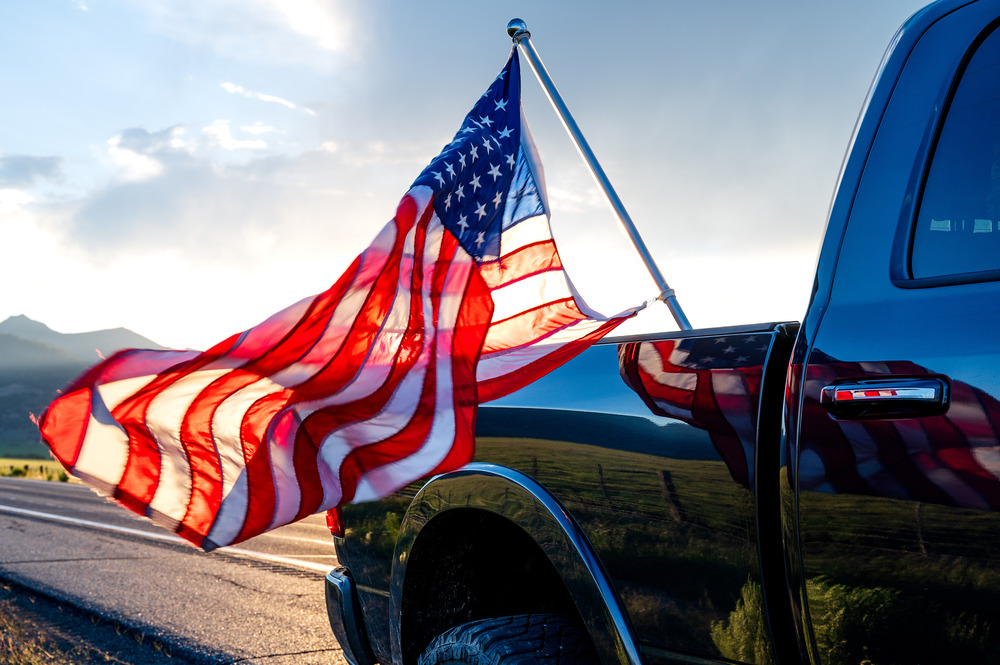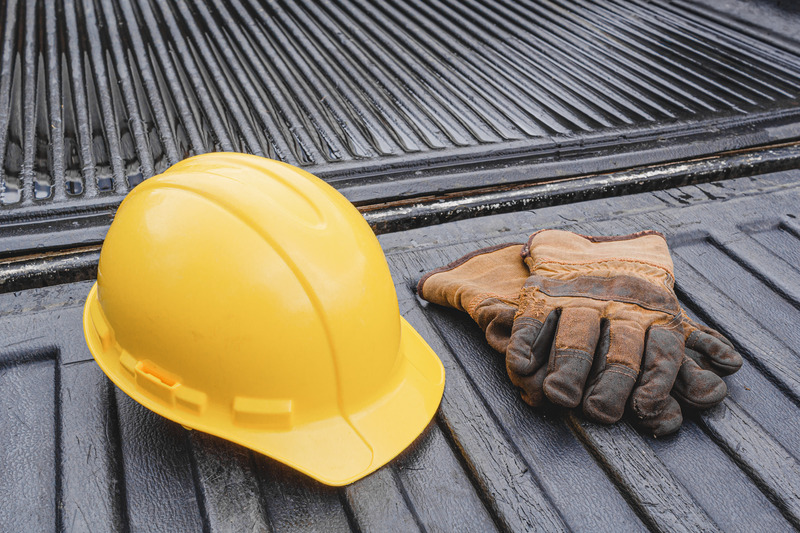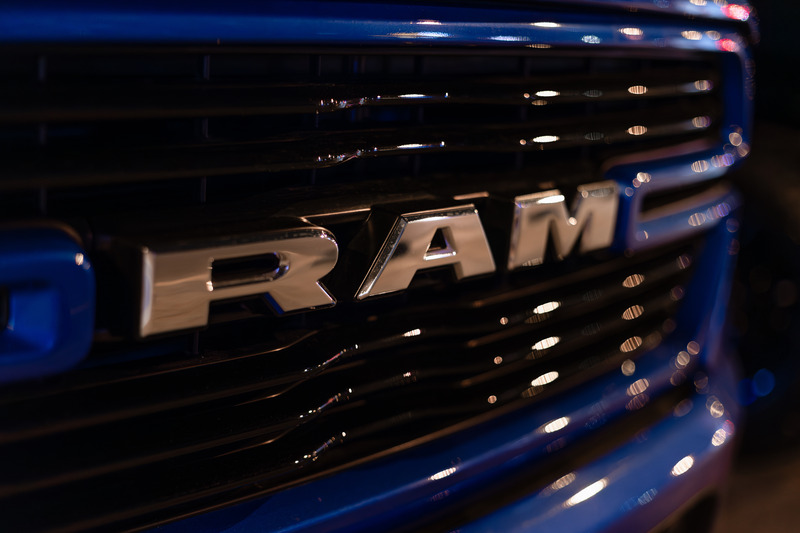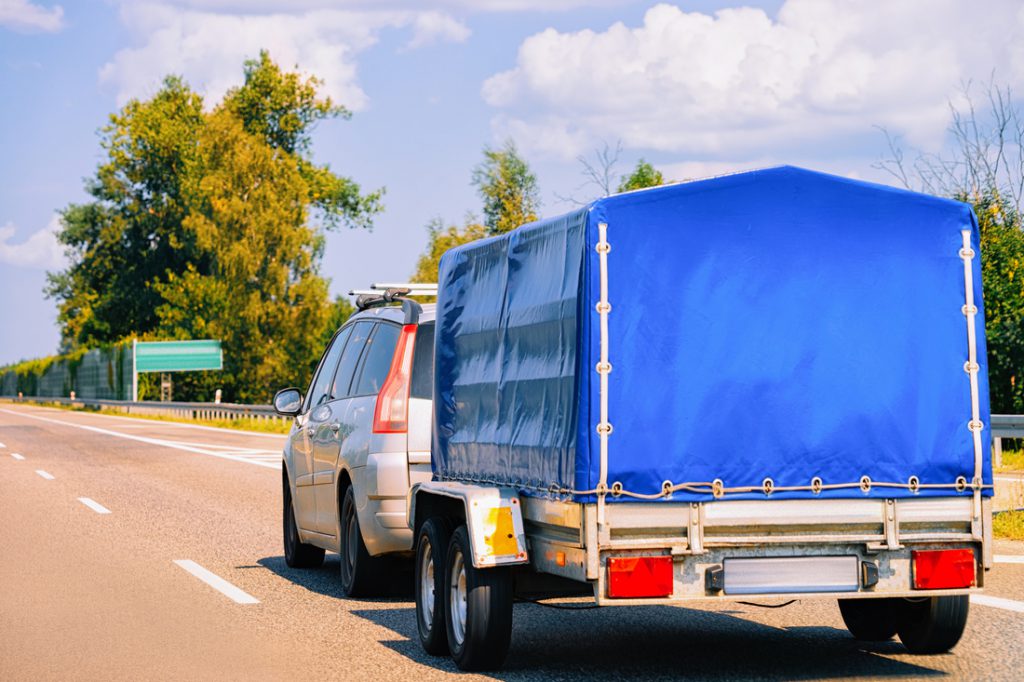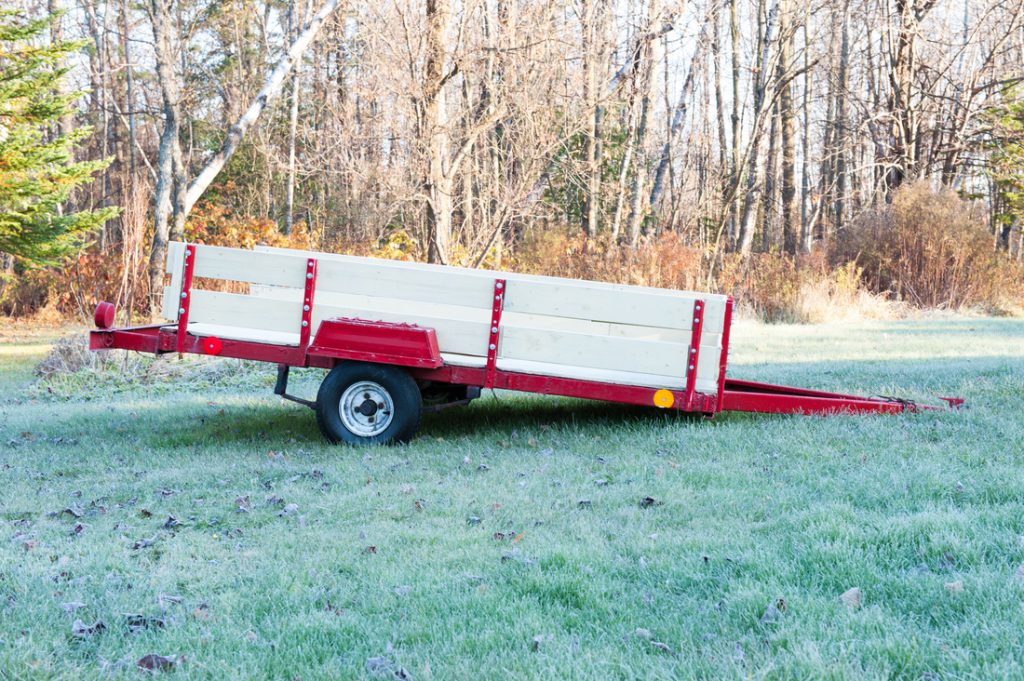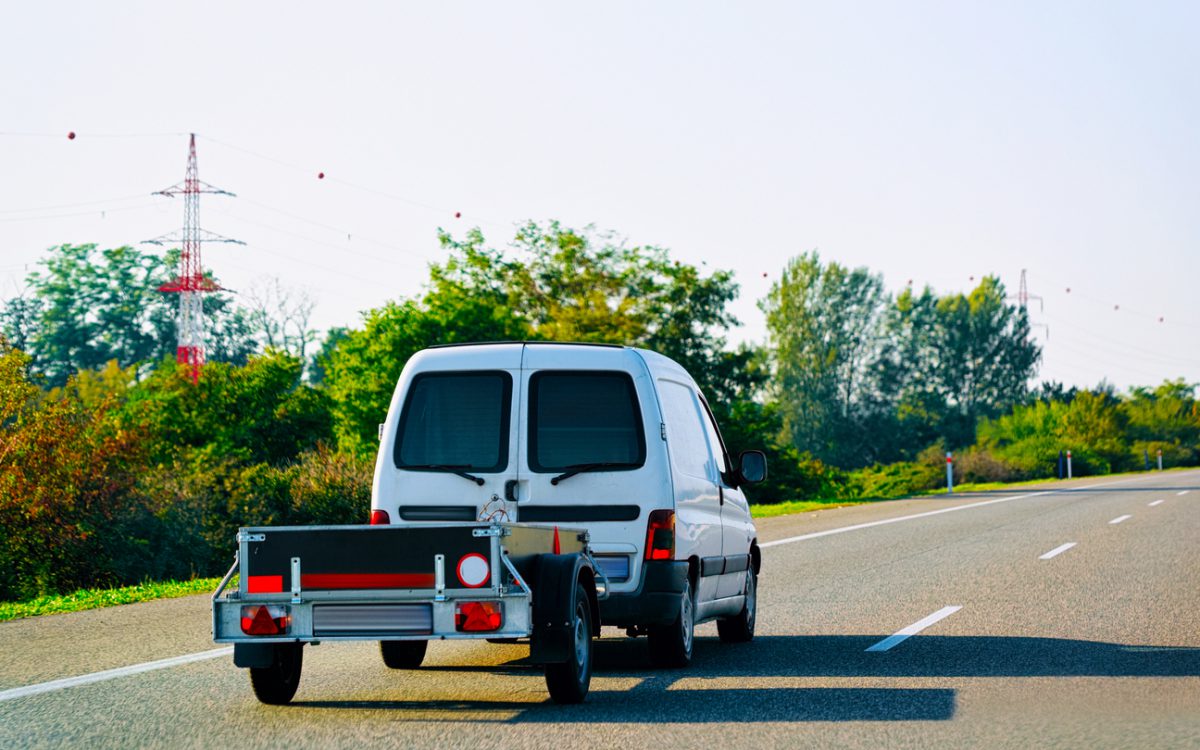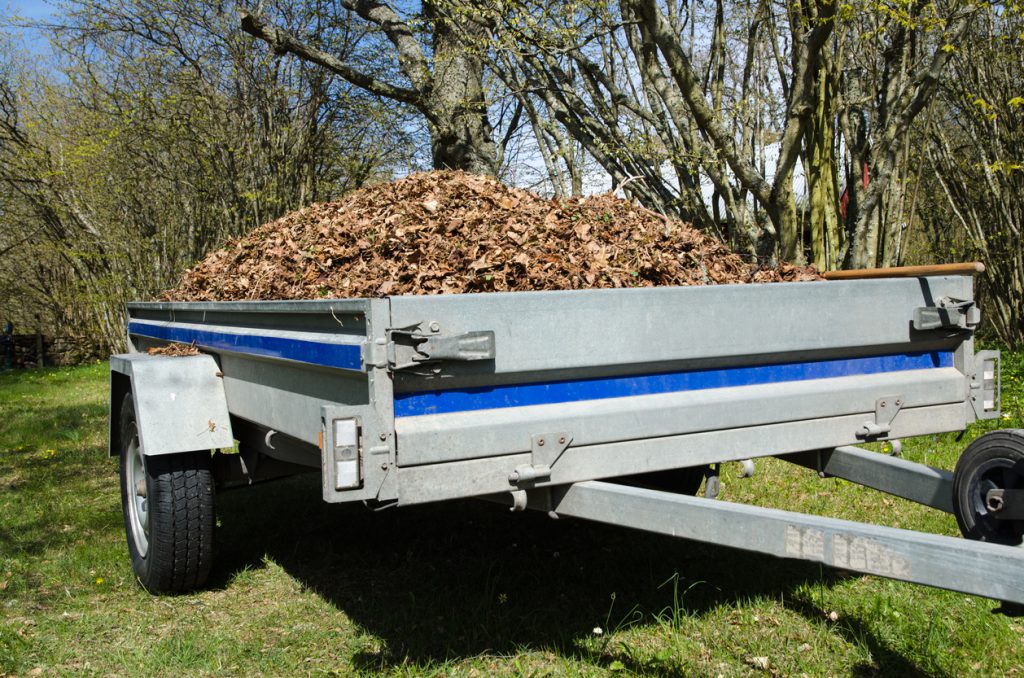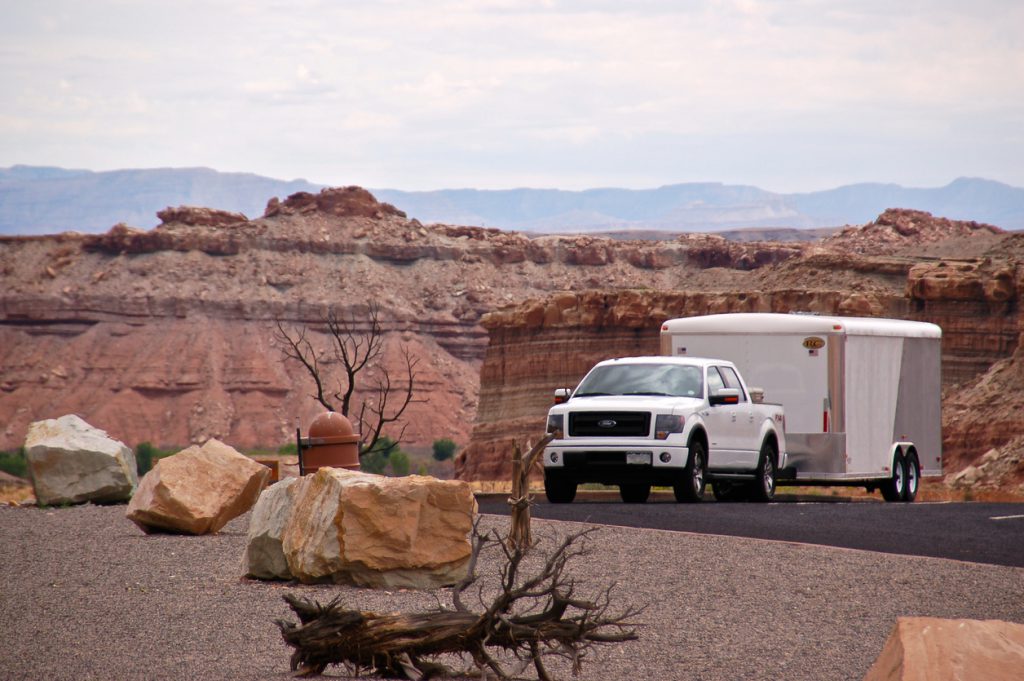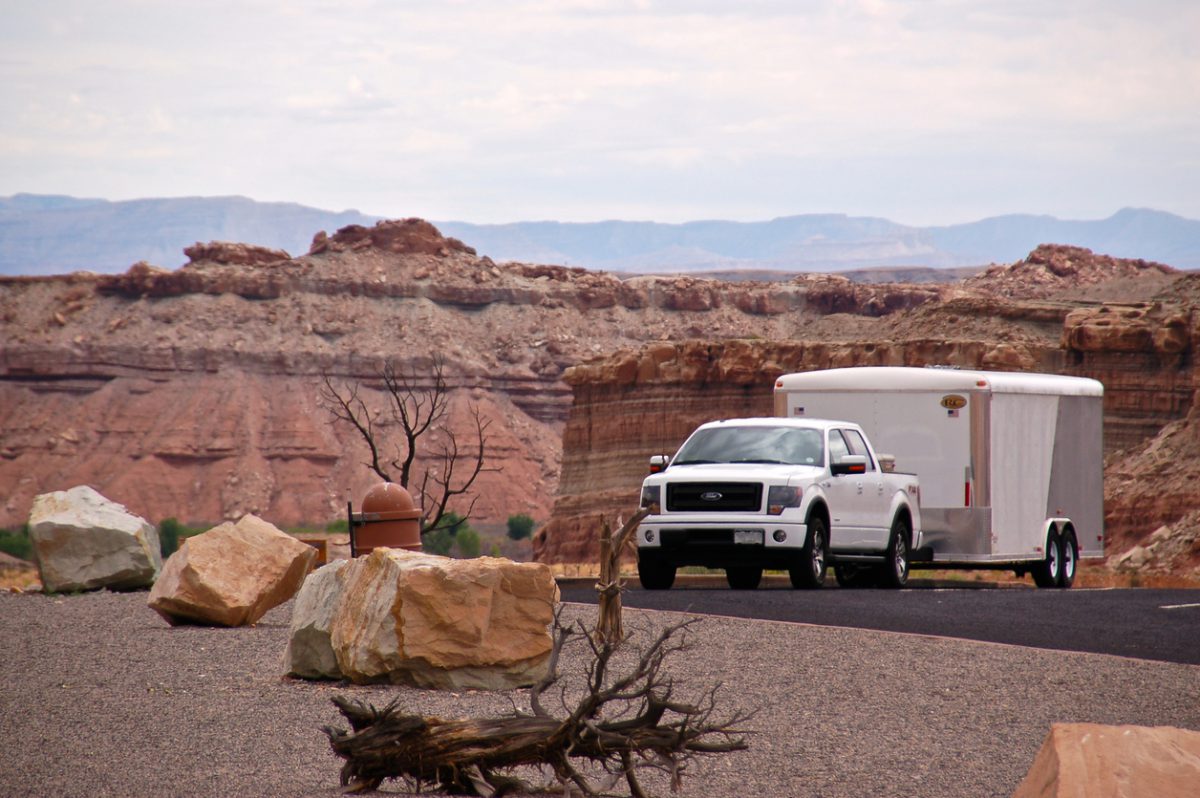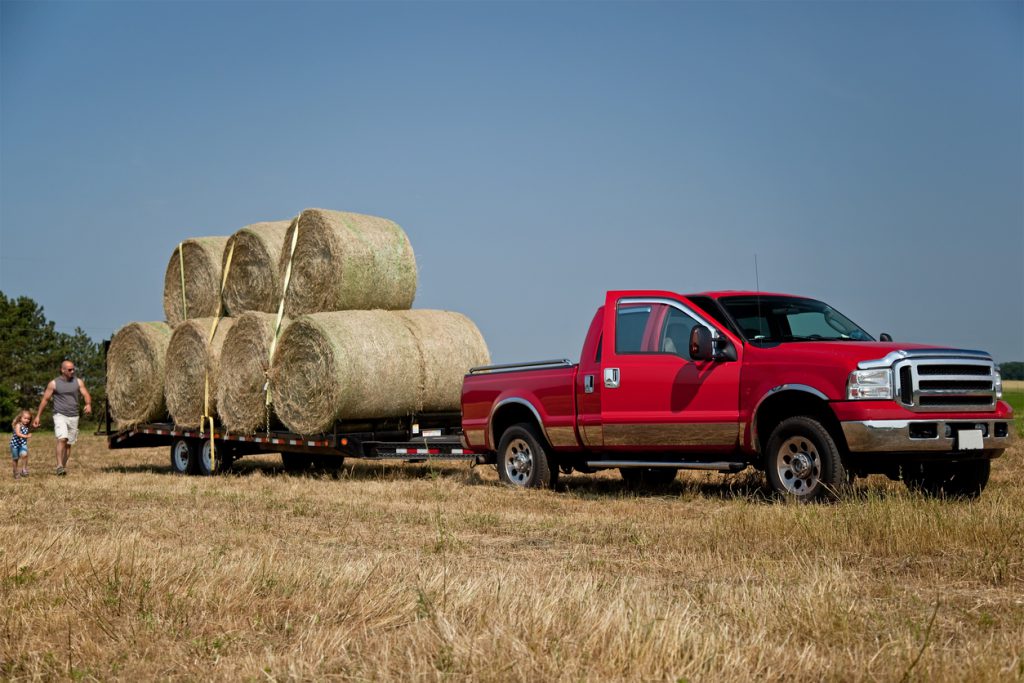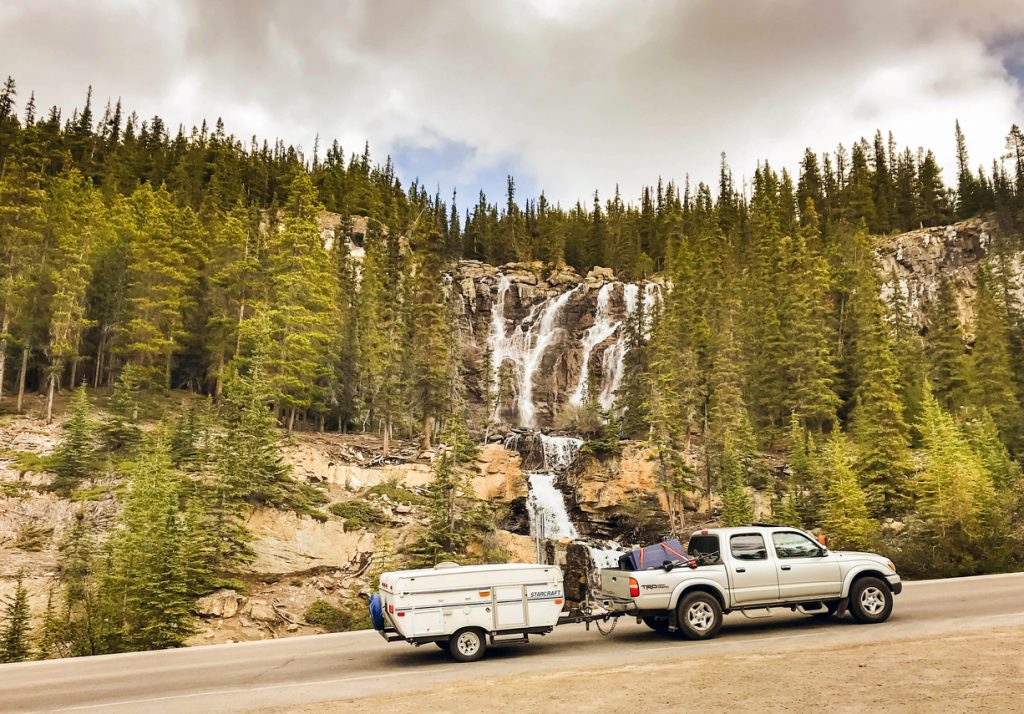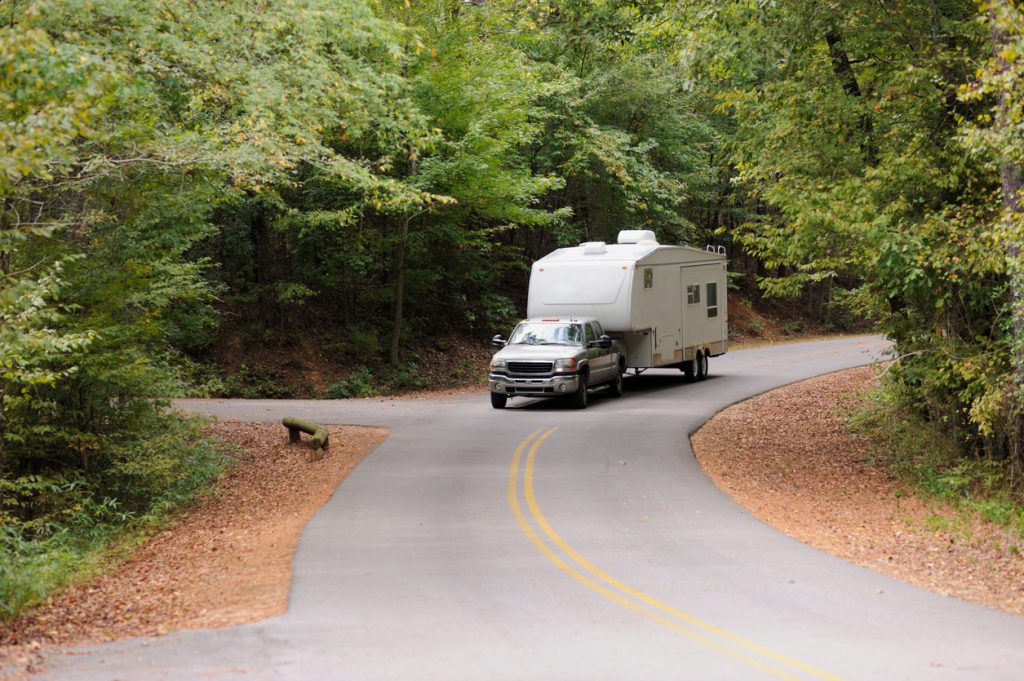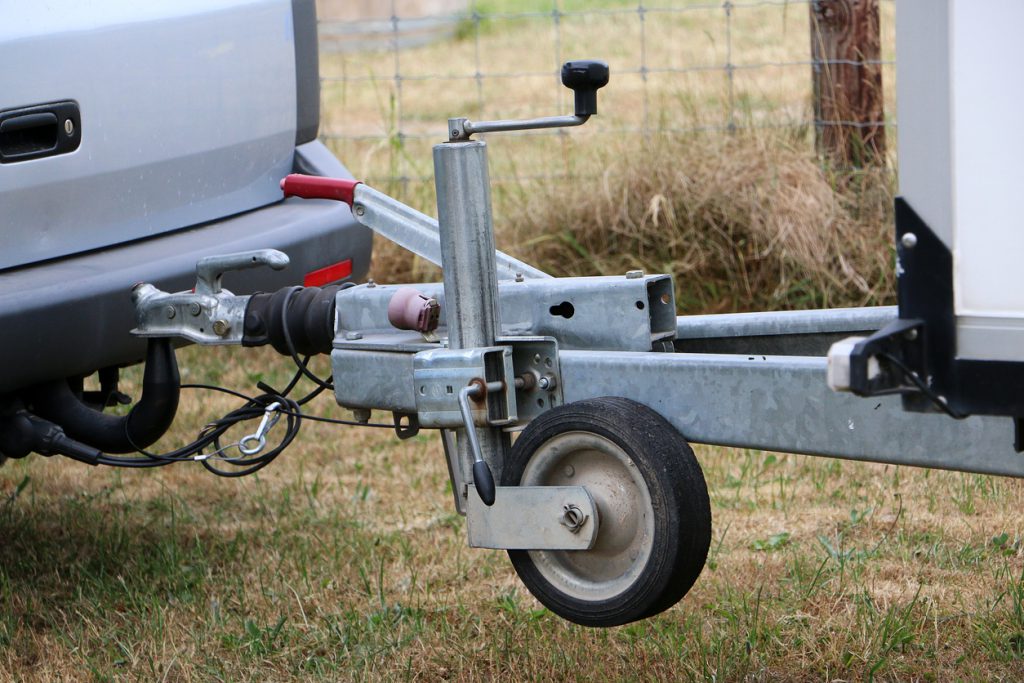All images courtesy of Aluma Trailers.
All About Aluma Trailers
In the world of trailers, few names resonate as distinctly as Aluma. Known for their unparalleled commitment to quality, durability, and innovation, Aluma Trailers stand out in a crowded marketplace. Here at Country Blacksmith Trailer Sales, an esteemed Illinois-based dealership, we take immense pride in offering Aluma’s exceptional range of trailers, perfectly suited for a variety of uses and industries.
At Country Blacksmith Trailer Sales, we value quality, dependability, and innovation in every product we offer. That’s why we are proud to feature Aluma Trailers, a brand synonymous with excellence in the trailer industry. Delve into the rich history of Aluma, the highlights of what sets them apart, the reasons to choose Aluma, and why Country Blacksmith Trailer Sales is your go-to dealership in Illinois for Aluma Trailers.
The Legacy of Aluma Trailers
Aluma’s journey began over two decades ago with a vision to revolutionize the trailer industry. Recognizing the limitations of traditional steel trailers, Aluma promoted the use of aluminum to construct trailers that are lighter, more durable, and resistant to rust and corrosion. This innovation marked the beginning of Aluma’s legacy, transforming it from a small operation to a leading name in the industry. Today, Aluma continues to push the boundaries with its commitment to quality and customer satisfaction.
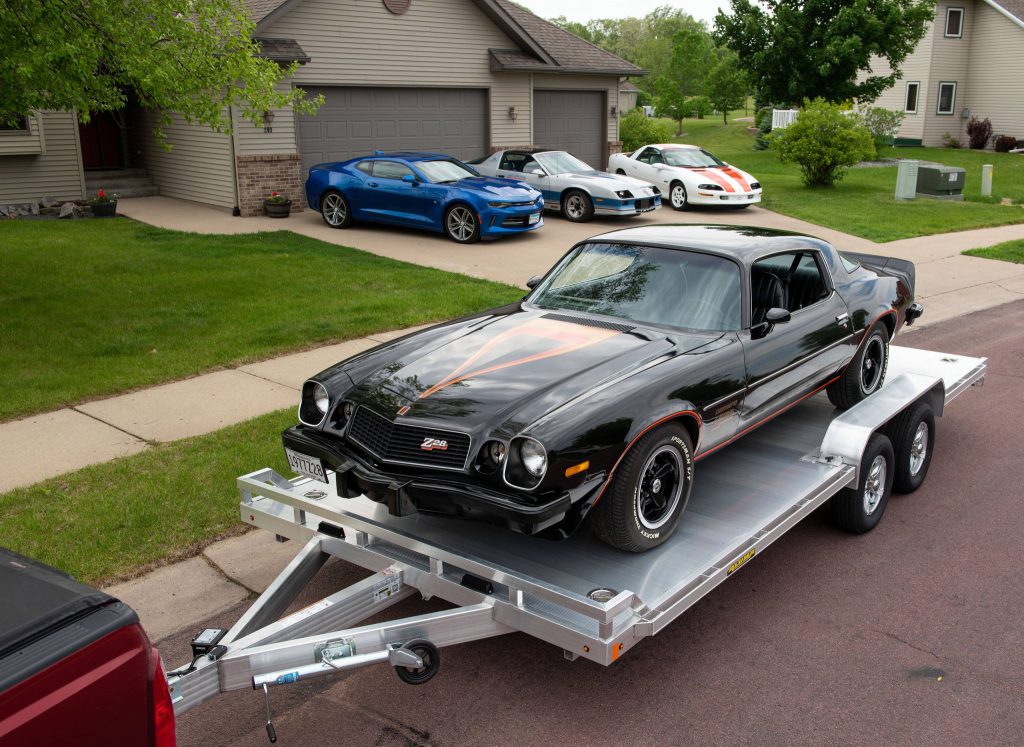
The Aluma Difference
What truly sets Aluma apart is its unparalleled commitment to quality trailers. Each trailer is crafted from the highest-grade aluminum, offering a lightweight yet tough solution that stands the test of time. This unique combination not only enhances fuel efficiency by reducing tow weight but also ensures longevity, as aluminum is naturally resistant to rust and corrosion. For those in the Midwest, where weather conditions can be harsh and unpredictable, this feature is invaluable. Here are a few key aspects that define the Aluma difference:
Durability: Aluma trailers are designed to withstand harsh conditions without succumbing to rust or corrosion, ensuring longevity and reliability.
Lightweight Design: The use of aluminum makes Aluma trailers significantly lighter than their steel counterparts, enhancing fuel efficiency and making them easier to tow.
Innovative Features: Aluma continually incorporates cutting-edge features into its trailers, from specialized solutions, like their wide-body trailer line, to a reliable 5-year warranty. They ensure that every trailer is as functional as it is reliable.
A Wide Array of Choices for Every Need
Aluma’s product range is as diverse as the needs of its customers. There’s an Aluma trailer for every purpose, from utility trailers perfect for weekend projects or landscaping needs, to car haulers designed for the auto enthusiast or professional. They even make aluminum truck beds, picnic tables, and benches!
Why Choose Aluma Trailers
Choosing an Aluma trailer means investing in a product that delivers on multiple fronts. Whether you need a trailer for personal use, such as hauling equipment for weekend play, or for professional purposes, like transporting vehicles or machinery, Aluma offers a versatile range of options to meet every need. Here’s why you should consider Aluma for your next trailer purchase:
Versatility: With a wide range of models, including utility trailers, car haulers, and tilt trailers. Aluma offers solutions for almost every hauling need.
Customization: Aluma understands that one size doesn’t fit all, offering parts and accessories options to tailor your trailer to your specific requirements.
Low Maintenance: The durability and corrosion resistance of Aluma trailers translate to lower maintenance costs and fewer repairs over time.
Resale Value: Aluma trailers retain their value better than many other brands, ensuring that your investment holds its worth.
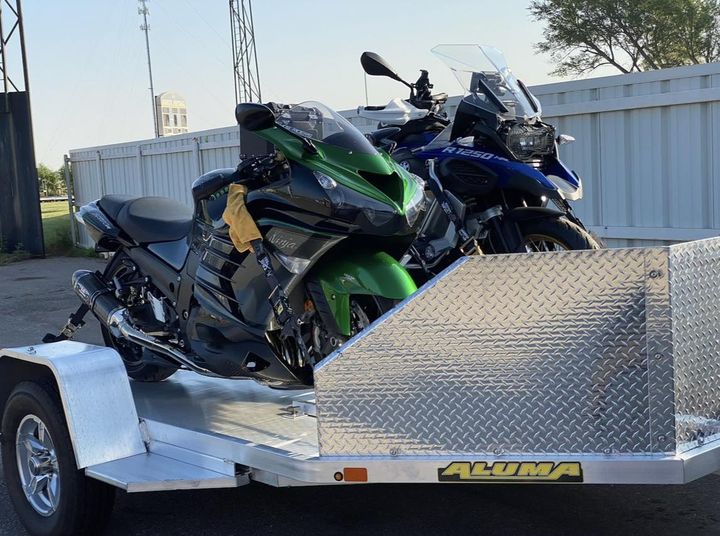
Aluma at Country Blacksmith Trailer Sales
When it comes to purchasing an Aluma trailer, there’s no better place than Country Blacksmith Trailer Sales. Our commitment to excellence mirrors Aluma’s, making us the ideal partner for your trailer needs.
Our knowledgeable team understands the intricacies of every Aluma model, ensuring that you find the perfect match. We work closely with Aluma and our other partnered manufacturers to provide many model options, ensuring that your trailer is precisely what you need. A long-standing relationship with Aluma means we offer not just trailers, but comprehensive solutions and a five-year warranty backed by expertise and trust.
Plus, you can be confident in your purchase after the initial sale is complete. From the moment you step into our dealership to the after-sales support, we’re dedicated to providing an unmatched customer service experience.
Shop Aluma Trailers in Illinois at Country Blacksmith
Aluma Trailers represents the pinnacle of aluminum trailer design and manufacturing, offering an unmatched combination of durability, functionality, and innovation. At Country Blacksmith Trailer Sales, we’re proud to stand behind a brand that aligns with our quality and customer satisfaction values. Whether you’re in the market for a lightweight utility trailer or a durable car hauler, Aluma and Country Blacksmith Trailer Sales have you covered. Visit us today and experience the Aluma advantage firsthand.
